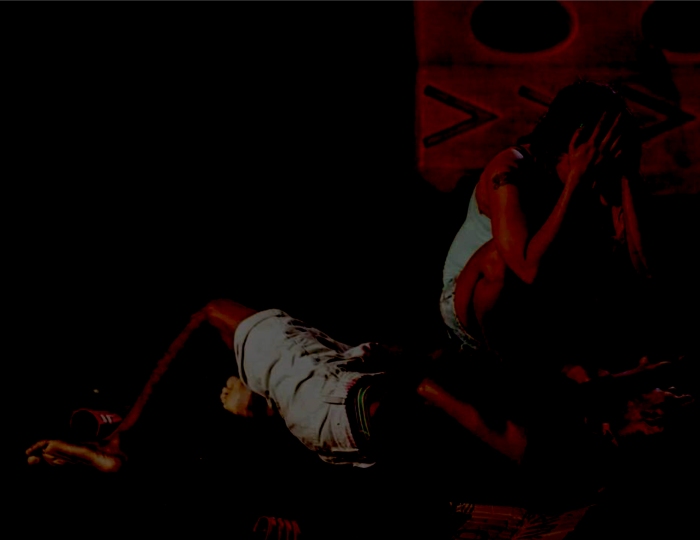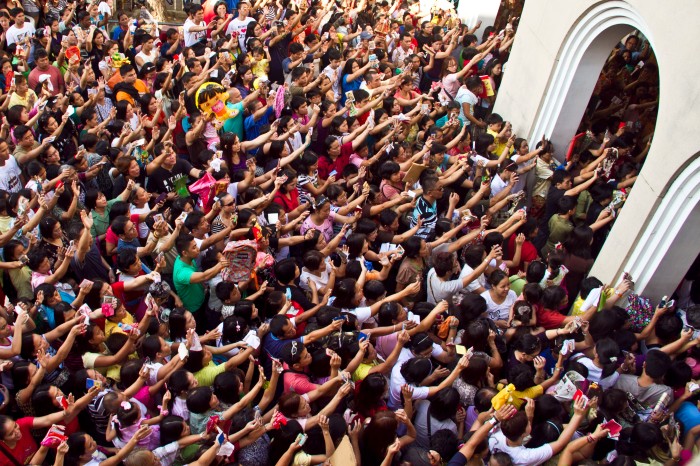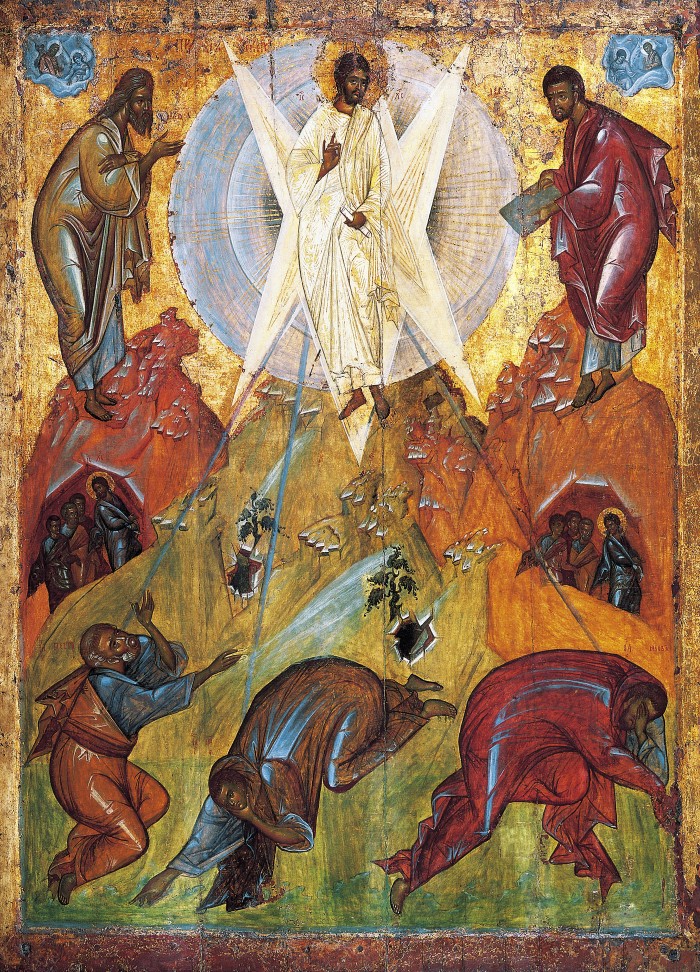
In today’s gospel, Jesus directly asked his disciples,
“Who do you say that I am?”
Simon Peter said in reply,
“You are the Christ, the Son of the living God.”
Jesus said,
“And so I say to you, you are Peter, and upon this rock I will build my church.”
Peter’s confession is the rock foundation of our Christian life. Without confessing Jesus the Christ as God of our lives, everything we say and do, all our rituals and sacraments will amount to nothing. Christianity is neither a set of obligation, mere religion nor a list of commandments but a relationship with Jesus. As Pope Benedict XVI said: “Being Christian is not the result of an ethical choice or a lofty idea, but the encounter with an event, a person, which gives life a new horizon and a decisive direction.”[1]
“Who do you say that I am?” This is the question directed to each one of us by Jesus. We are the only ones who could answer Jesus’ question. Nobody else can answer it for ourselves. We cannot answer this question if we have not experienced God’s love and grace in our lives.
Confessing Jesus as God of our life, however, has serious consequences. It is more than just a personal relationship or a romantic relationship with sweet Jesus. It is a commitment to Jesus’ gospel, values and vision of establishing God’s reign here and now. To confess Jesus as God of our life and the world is not just inside the church but in the world we live in. In other words, there is no separation between our faith in Jesus and what is happening in our world today.
Confessing Jesus in the church, spiritual or religious realm without practice and being indifferent to the real happening in the world today is what we can call a split-level kind of faith. Such faith sees no connection between Jesus’ words and deeds and the suffering and evil happening around us.
We witnessed this kind of faith in the recent spike of killings in our country because of the government’s war on drugs. It is utterly disturbing to see that in a Christian country like ours, the killings is tolerated, even supported. A culture of silence and a climate of fear is prevalent. In the midst of the daily killings, many people go on with their lives, show no empathy to the victims and accept the government war on drugs as necessary evil.
Confessing Jesus during these times of so much violence and killings is hard, even dangerous. Many times we are like a lone voice in the wilderness. But as true Christians we need to stand by the values and words that Jesus proclaimed and died for—the values of love over hatred, peace over violence, inclusion over discrimination, justice over oppression, and forgiveness over judgment.
Like Peter, we need to be like a rock in our faith in Jesus. Rock here means not being “bato” (apathetic) to the suffering of the poor victims of killings nor being hard as not showing any weakness or compassion. When Jesus called Peter, the rock, Jesus was well aware of the many faults and flaws of Peter. Peter’s being rock comes from the strength he received from God: “Blessed are you, Simon son of Jonah. For flesh and blood has not revealed this to you, but my heavenly Father.” Like Peter, we fear, we vacillate, and we try to escape from the mission of Jesus.
But in the end, Peter stayed with Jesus. May we also stand with Jesus in today’s critical times.
(1) Deus Caritas Est 1. Deus Caritas Est (Latin for “God is Love”) is the first encyclical written by Pope Benedict XVI.


